Author Chitra Divakaruni enchants us with an astounding new novel
September 12, 2019, by Krupa Parikh
The true mark of a great writer is his or her ability to take the reader into a different world
To me the true mark of a great writer is his or her ability to take the reader into a different world, a distant time period, an alternate reality, and to somehow make that world, time period, or reality feel completely relevant and familiar. In seconds we can go from being absorbed in our work responsibilities, family life, and the provocative news headlines of the day, to becoming absorbed in the lives, struggles, and emotions of the characters we are reading about.
 It is even more impressive when that said writer is able to breathe new life into a centuries old epic and turn that seemingly archaic story into a captivating novel. In The Forest of Enchantments, Houston author and American Book Award winner Chitra Divakaruni accomplishes this and so much more.
It is even more impressive when that said writer is able to breathe new life into a centuries old epic and turn that seemingly archaic story into a captivating novel. In The Forest of Enchantments, Houston author and American Book Award winner Chitra Divakaruni accomplishes this and so much more.


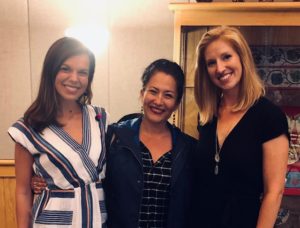
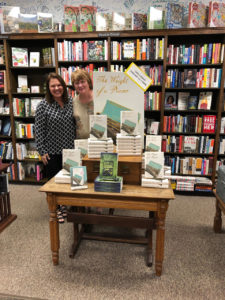
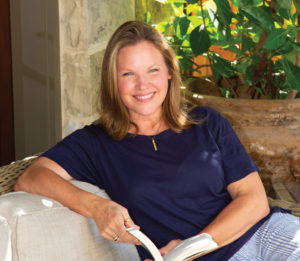 While the whole world may look at Houston as an energy capital, a city with an internationally reputed medical center, and a champion baseball team, we at Inprint are always interested in sharing a different kind of Houston story. As demonstrated through all of Inprint’s programs, Houston is home to a bright, engaged, and thriving community of writers, writers who are publishing great books with leading U.S. publishing houses and receiving national praise.
While the whole world may look at Houston as an energy capital, a city with an internationally reputed medical center, and a champion baseball team, we at Inprint are always interested in sharing a different kind of Houston story. As demonstrated through all of Inprint’s programs, Houston is home to a bright, engaged, and thriving community of writers, writers who are publishing great books with leading U.S. publishing houses and receiving national praise.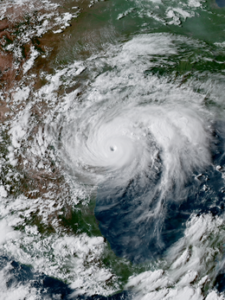 As hurricane season is now underway and an impending storm looms over us this coming weekend, it is hard not to be taken back to last August and the impact of Hurricane Harvey.
As hurricane season is now underway and an impending storm looms over us this coming weekend, it is hard not to be taken back to last August and the impact of Hurricane Harvey.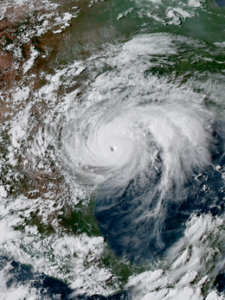 This is the final entry in a series of micro essays on Hurricane Harvey by participants in Inprint’s nonfiction workshop led by poet
This is the final entry in a series of micro essays on Hurricane Harvey by participants in Inprint’s nonfiction workshop led by poet